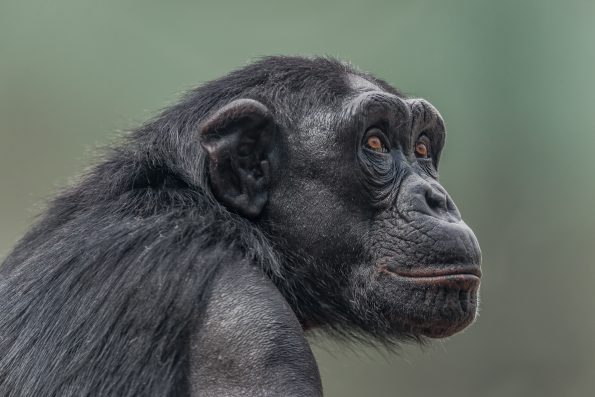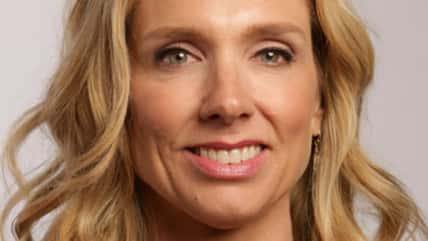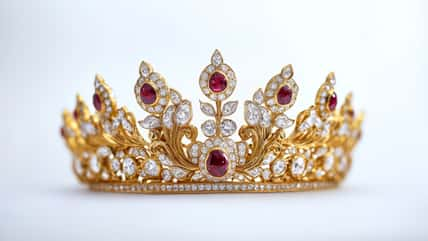She Has Spent Over 60 Years Studying Wild Chimpanzees, Launching Her Own Conversation Foundation To Promote Habitat Preservation

I’ve always deeply admired people who dedicate their lives to studying the same subject and using their research and knowledge to educate others in hopes of making the world a better place.
Jane Goodall is one of those people, as for over 60 years, she’s been studying wild chimpanzees and educating the world on how important it is to take care of their habitats.
If you don’t know who Jane is, she’s a famous British ethologist best known for her work with chimpanzees in Tanzania. Today, her foundation, The Jane Goodall Institute, collects donations and promotes conservation to protect chimpanzees and other wild animals.
Jane was born in London in 1934. She developed a strong interest in animals and their behavior at a young age. Determined to see wild animals up close, she left school at 18 and began working to take a trip to Africa.
Jane traveled to Africa for the first time alongside paleontologist and anthropologist Louis Leakey and worked as his assistant. Then, in 1960, when she was 26, she traveled to Tanzania and entered Gombe Stream National Park. Little did she know, that was where she’d figure out what she wanted to do for the rest of her life.
Inside Gombe Stream National Park, Jane discovered many chimpanzees and got to closely observe how they live and interact with each other. At the time, there wasn’t much modern research on chimpanzees, but Jane could study how they behaved so much like humans, watching them display their emotions and socialization.
Other than studying the behavior of chimpanzees, Jane gathered more data to prove how similar they are to humans in their genetic makeup. She cleared up several misconceptions about chimpanzees and wrote about how they make tools using natural elements and have a social order that dates back years.
Jane stayed in Tanzania for years to study the chimpanzees in a way that made her their neighbor more than an observer. In 1964, she married Baron Hugo van Lawick, a photographer who was sent to film her work two years prior. They had a son in 1967 before they divorced.
In 1965, Jane was awarded a Ph.D. in ethology from the University Of Cambridge, which was extremely impressive, considering she didn’t even have a bachelor’s degree.

neurobite – stock.adobe.com – illustrative purposes only
Jane spent decades in the wild studying chimpanzees and was amazingly accepted into their world. Many believe this is because of her more personal approach to her studies.
For instance, instead of numbering the chimpanzees, like most scientists, she gave each of them a name and bonded with them, becoming a member of their society.
From 1969 to 2021, Jane has published many written works, from books to scientific articles. Her up-close research and detailed note-taking changed the world’s perspective on the fascinating world of chimpanzees and inspired many to want to protect their habitat from deforestation.
Therefore, in 1977, Jane co-founded the Jane Goodall Institute for Wildlife Research, Education, and Conservation, which now has headquarters in Washington, D.C.
The Institute fund’s youth programs offer jobs to those looking to research chimpanzees and their habitat and carry out Jane’s mission to protect these animals.
Since then, Jane has founded and worked on several conservation, research, and education projects worldwide.
She’s joined many environmental campaigns and is an outspoken advocate, traveling the world and conducting interviews to stress how important it is for humans and animals alike that people take environmental protection seriously.
In April 2024, Jane turned 90-years-old and plans to continue speaking, writing, and researching for as long as she can. What a brilliant woman!
Sign up for Chip Chick’s newsletter and get stories like this delivered to your inbox.
More About:Chicks We Love





